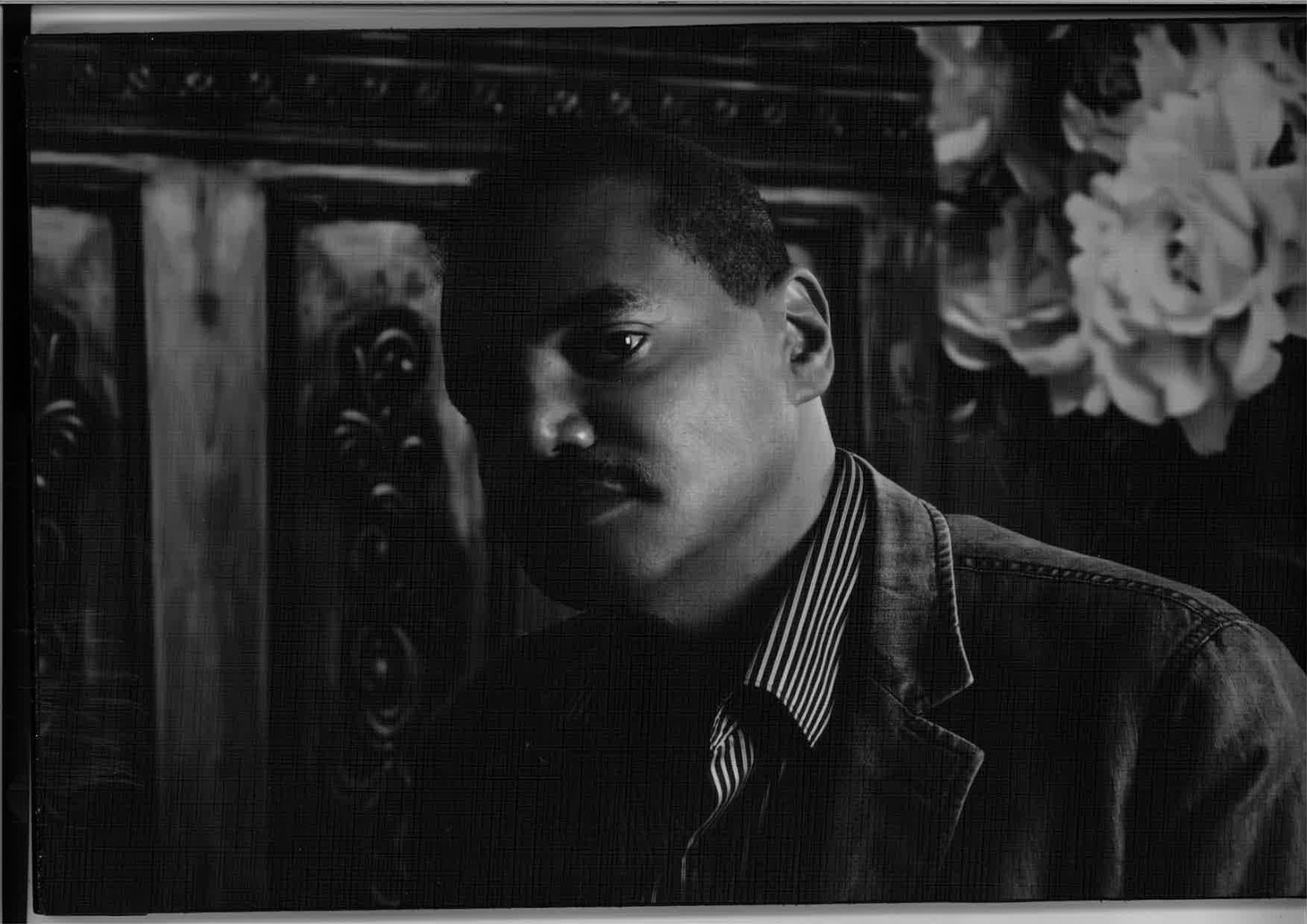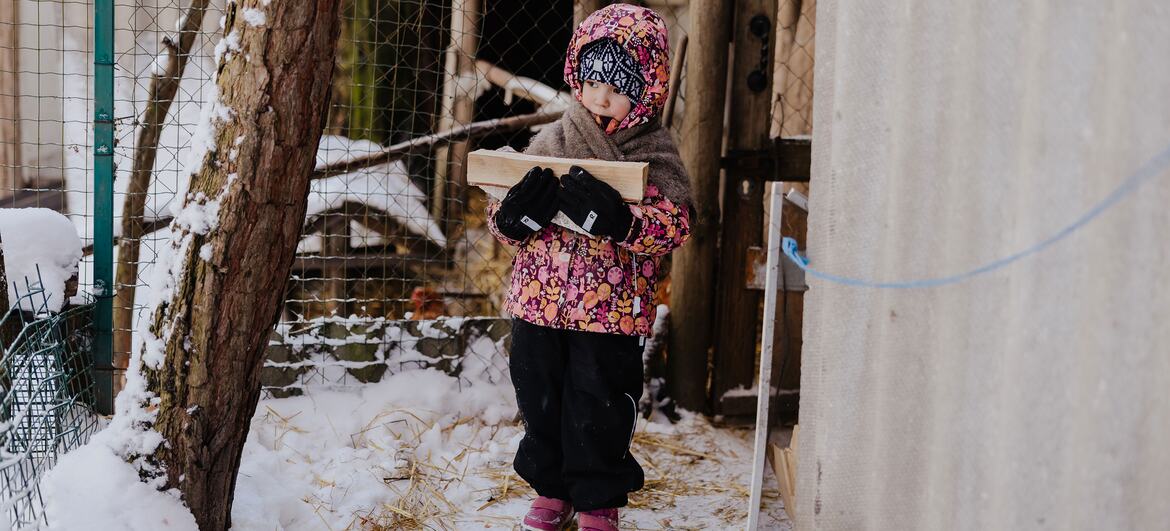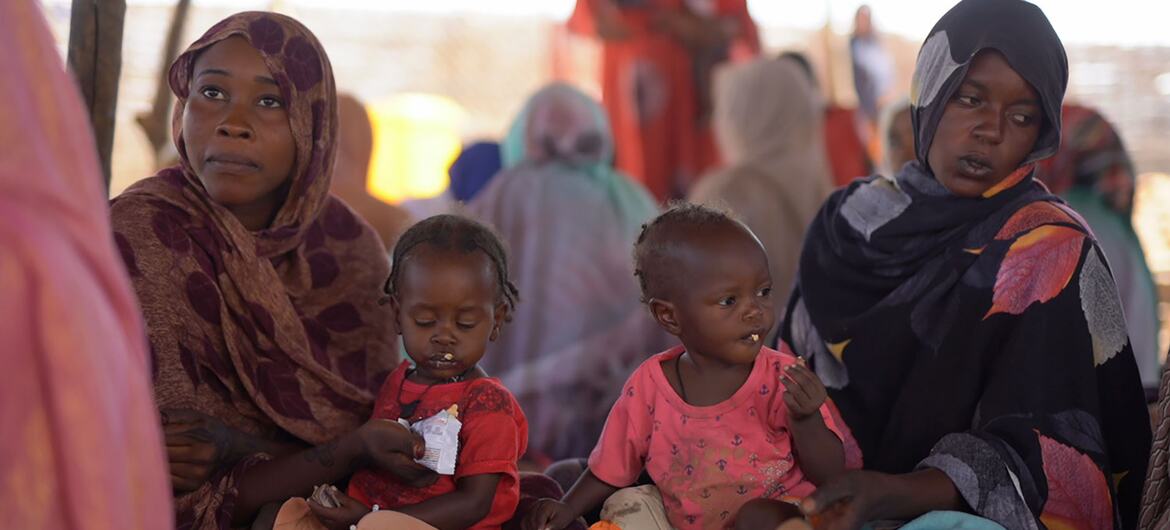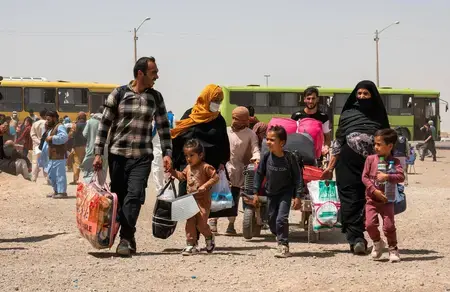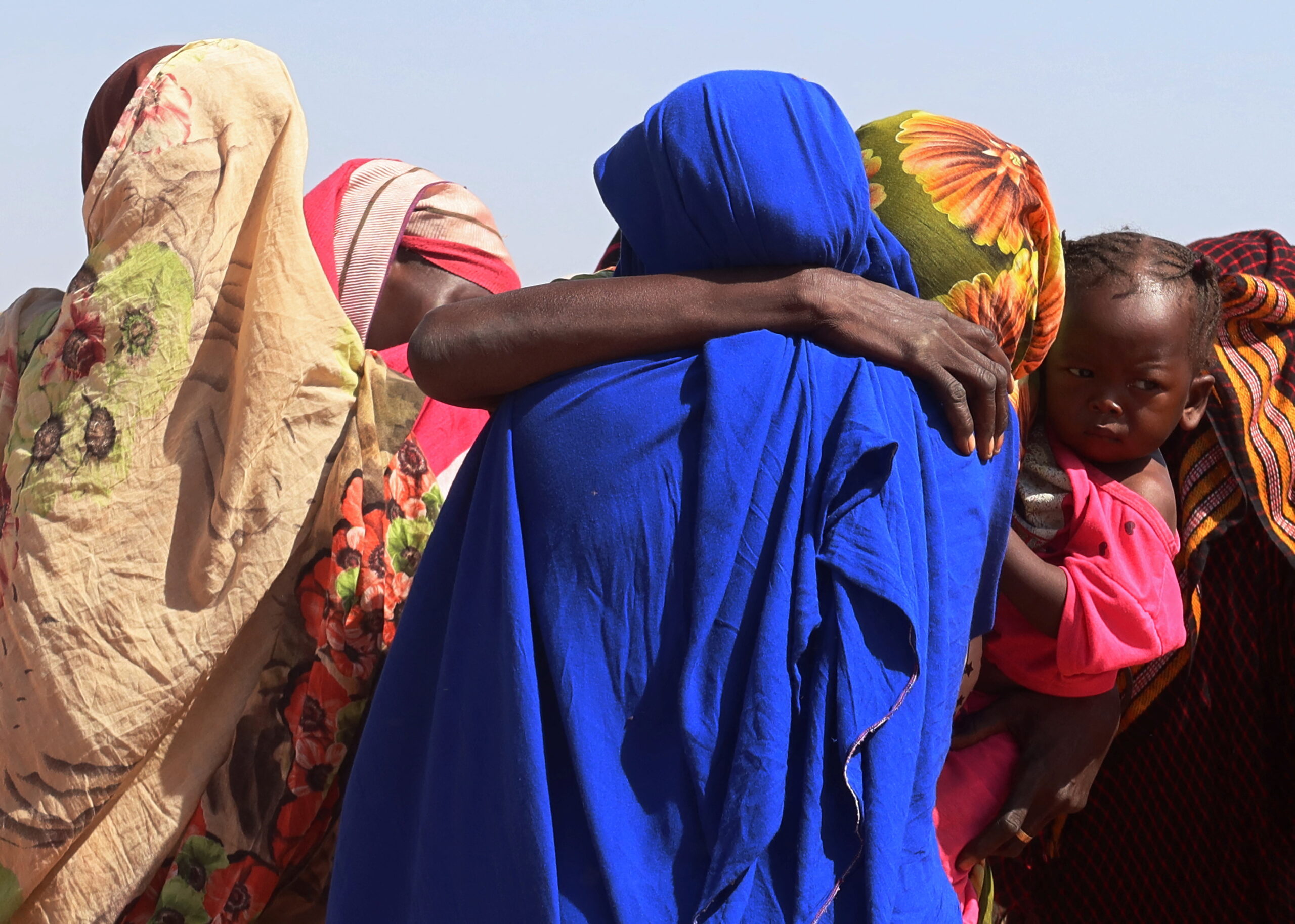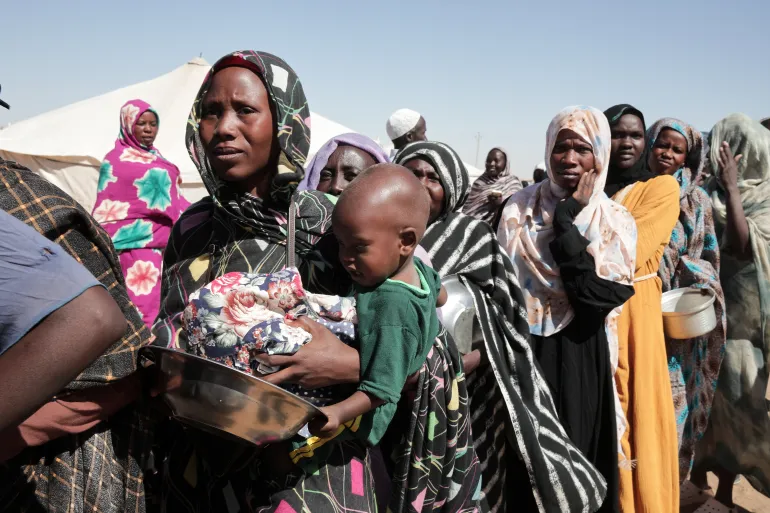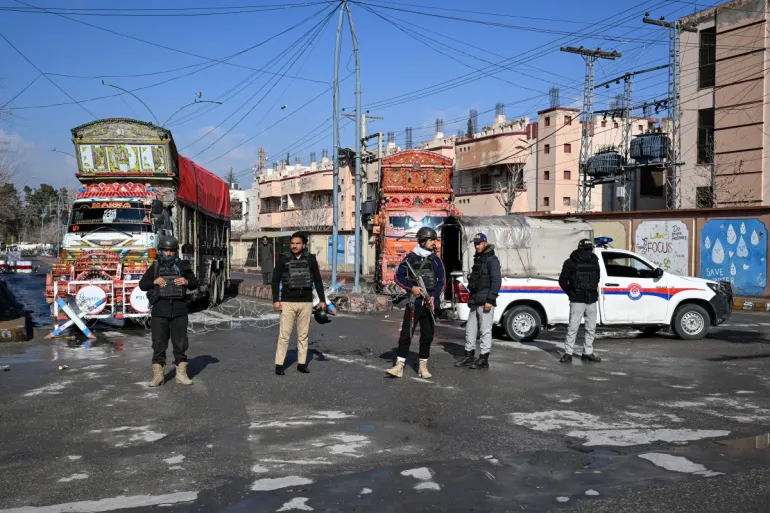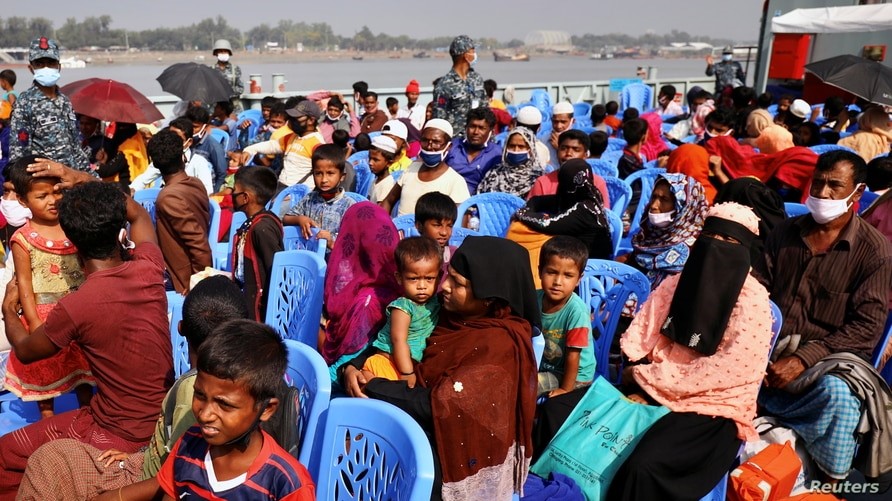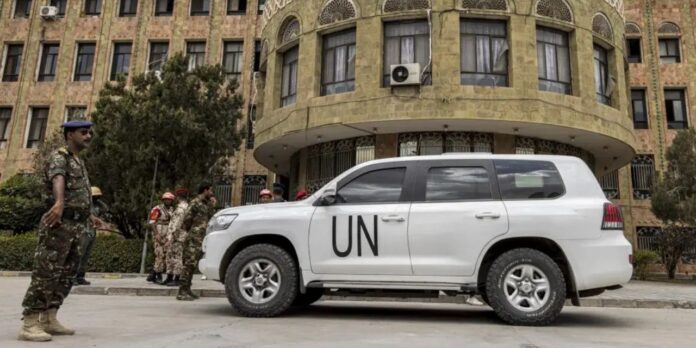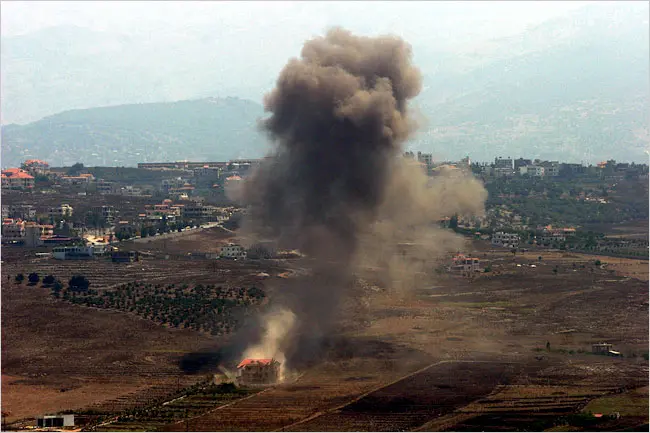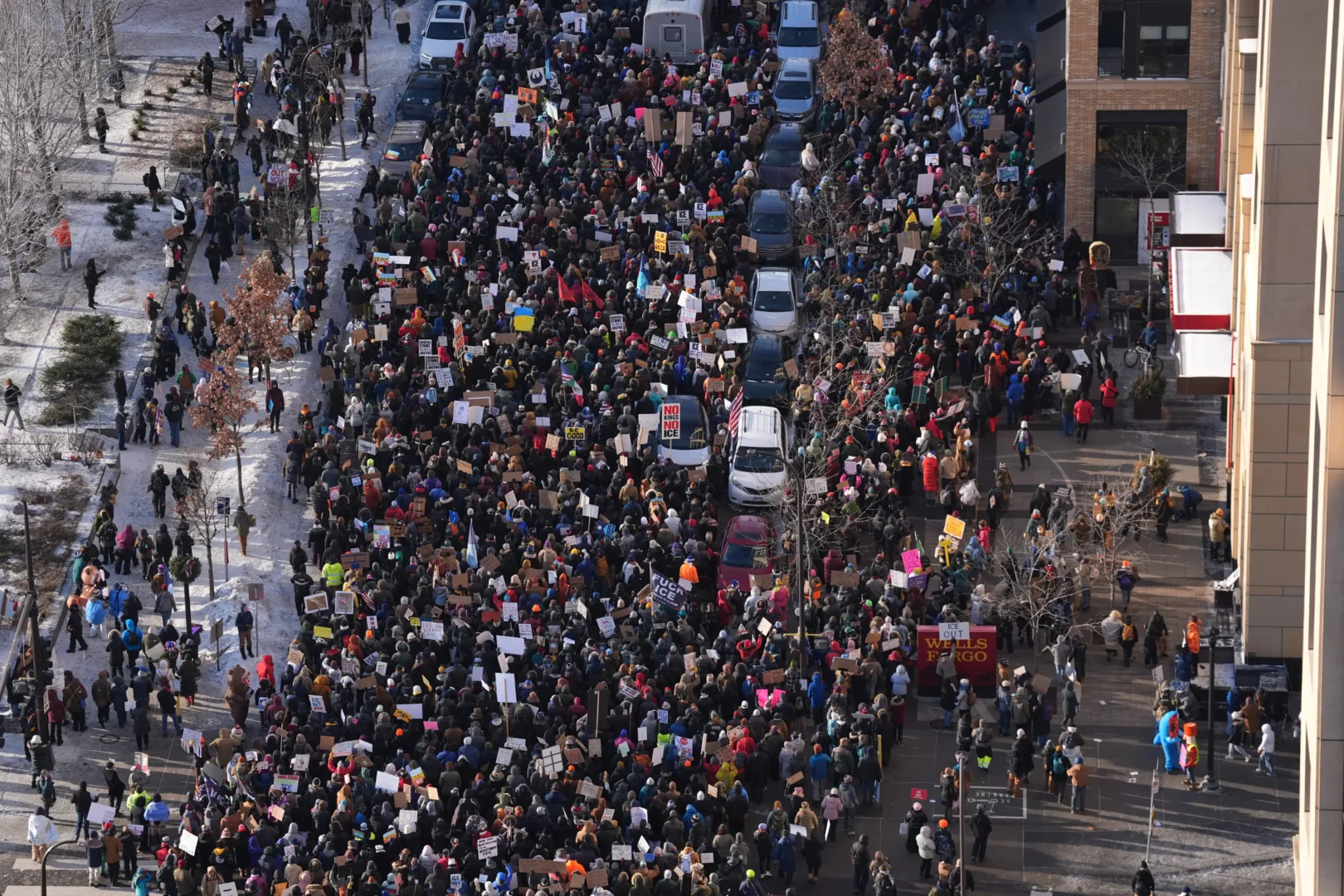UN Security Council to Hold Ministerial Briefing on Sudan Amid Ongoing Crisis
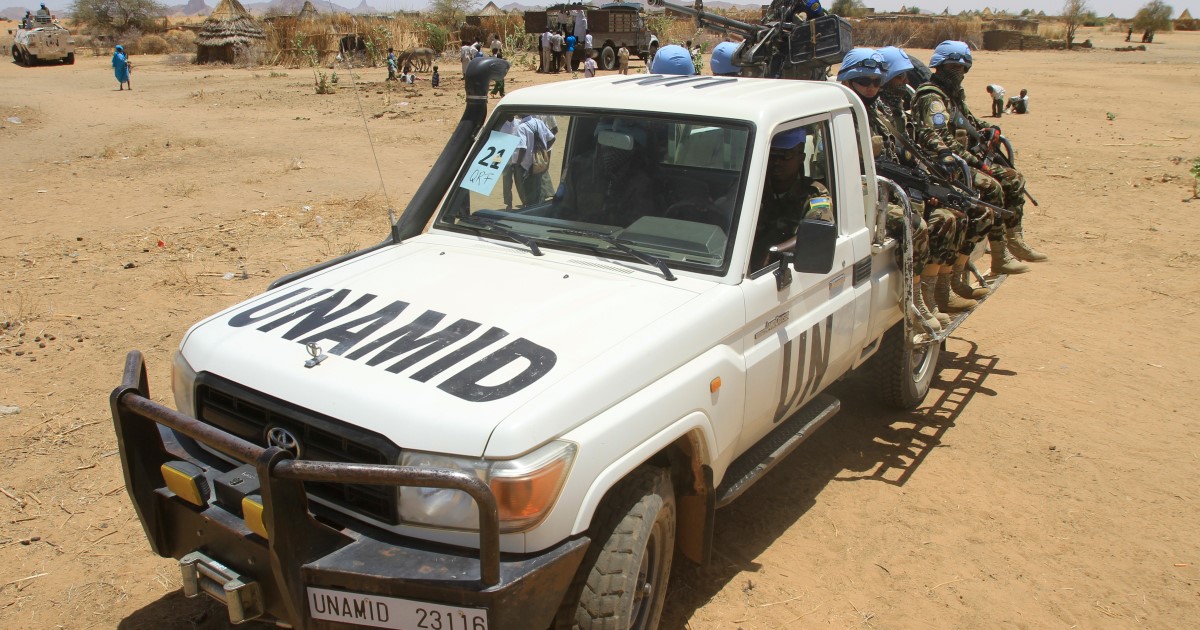
Archive/Al Jazeera.
Today, Tuesday, November 12, the United Nations Security Council will convene a high-level, ministerial briefing on Sudan’s escalating crisis. The session, expected to be chaired by the UK’s Parliamentary Under-Secretary of State for Africa, Ray Collins, will feature key briefings from senior UN officials and representatives of humanitarian organizations, offering an in-depth look at the security and humanitarian challenges facing the country. The Under-Secretary-General for Political and Peacebuilding Affairs, Rosemary DiCarlo, will provide insights into the political dynamics of the crisis, while officials from the UN Office for the Coordination of Humanitarian Affairs (OCHA) will discuss the dire humanitarian situation. A civil society representative will also present perspectives from those directly affected by the conflict on the ground.
The briefing comes at a pivotal moment for Sudan, where ongoing violence between rival factions of the military has plunged the country into chaos. Since April 2023, armed clashes between Sudan’s army and the paramilitary Rapid Support Forces (RSF) have devastated civilian populations, left thousands of dead, and displaced millions. The humanitarian crisis has reached catastrophic proportions, with essential services, including healthcare, water, and food supplies, in critical decline. Amid this turmoil, the UN Security Council is under increasing pressure to find ways to address both the immediate humanitarian needs and the broader political and security challenges in Sudan.
Under-Secretary-General Rosemary DiCarlo is expected to highlight the political instability that has plagued Sudan since the ousting of long-time dictator Omar al-Bashir in 2019. Despite hopes for a peaceful political transition, the country has been unable to establish lasting stability. The current conflict between the Sudanese Armed Forces (SAF) and the RSF has further complicated any efforts at peacebuilding, plunging Sudan into a new era of violence and division. DiCarlo is likely to emphasize the challenges of fostering a peace process in the face of entrenched military power, and how the UN is working to facilitate dialogue amid an increasingly fractured political landscape.
The briefing will likely focus on the difficult realities of peace negotiations, with both factions maintaining entrenched positions and a lack of trust between them. Despite numerous calls from the international community for a ceasefire, efforts to broker a lasting agreement have repeatedly failed, and civilians continue to bear the brunt of the conflict. In her presentation, DiCarlo will provide a detailed overview of these political dynamics, offering an assessment of the prospects for any meaningful peace process in the near future.
A key component of the session will be the update from the UN’s Office for the Coordination of Humanitarian Affairs (OCHA), which has been working tirelessly to address the severe humanitarian needs caused by the fighting. With millions of people displaced both internally and across Sudan’s borders, the situation has grown increasingly dire. OCHA officials are expected to provide critical information on the challenges of delivering aid in conflict zones, particularly in areas where fighting has made it impossible for humanitarian teams to access civilians in need.
The humanitarian crisis is compounded by the widespread destruction of infrastructure, shortages of essential supplies like food, water, and medical equipment, and a healthcare system on the brink of collapse. Reports from OCHA indicate that millions of Sudanese face extreme food insecurity, with widespread malnutrition, especially among children, becoming a growing concern. The team will likely emphasize the need for increased international support to ensure that aid reaches those in urgent need, while also calling for greater protection of humanitarian workers and facilities in conflict zones.
A civil society representative is expected to provide a firsthand account of the human rights situation in Sudan, highlighting the experiences of ordinary Sudanese people caught in the violence. Civil society organizations have been critical in documenting abuses and providing assistance where possible, despite significant obstacles. This representative will likely detail the severe impacts of the conflict on vulnerable populations, including women, children, and ethnic minorities, and will advocate for stronger international action to protect civilians and ensure accountability for atrocities committed during the fighting.
The briefing will be chaired by Ray Collins, the UK’s Parliamentary Under-Secretary of State for Africa, a senior official responsible for the UK’s policy in Africa and its engagement with the UN on African issues. As a member of the Security Council, the UK has been actively involved in diplomatic efforts to address the Sudanese crisis. Collins is expected to urge greater international solidarity in responding to the humanitarian needs and to call for a concerted diplomatic push to end the violence. The UK government has also pledged to increase its humanitarian assistance to Sudan, as well as provide support for neighboring countries that have been affected by the influx of Sudanese refugees.
The UK’s leadership within the Security Council is key to shaping the international response to Sudan’s conflict. As the situation in Sudan grows more desperate, the UK is expected to call for stronger sanctions against those responsible for perpetuating the violence and to advocate for a comprehensive, coordinated international approach to both the political and humanitarian crises.
The UN Security Council’s briefing is expected to set the stage for further action in the coming weeks, as the international community continues to search for ways to alleviate the suffering in Sudan and bring an end to the conflict. In addition to discussing immediate humanitarian needs, the meeting will likely focus on longer-term strategies for peace, including potential peacekeeping missions, diplomatic efforts to mediate between Sudan’s military factions, and how best to support Sudan’s political transition once the fighting ceases.
The UN’s ability to effectively respond to Sudan’s crisis will depend on continued international engagement and cooperation. As the situation in Sudan remains fluid, the briefing will provide a critical opportunity for the Security Council to reassess its approach and commit to further action, with the aim of preventing even greater human suffering and moving towards a peaceful resolution to the conflict. The outcome of this meeting could have significant implications for Sudan’s future, and for the role of the UN in addressing complex crises across Africa.


